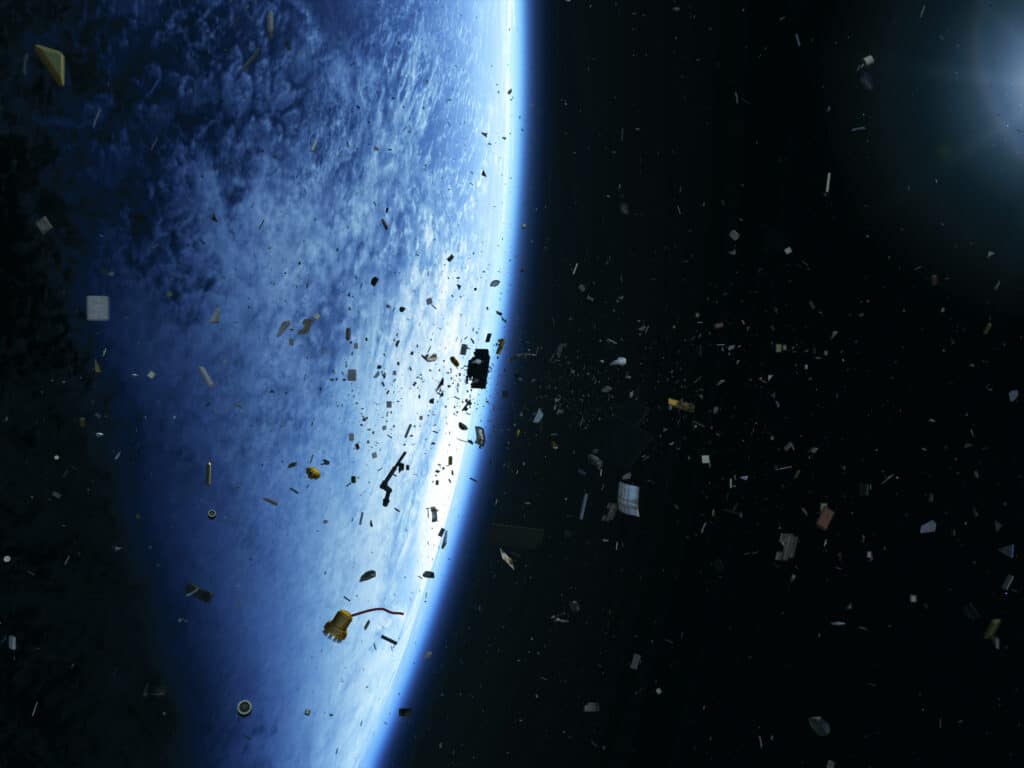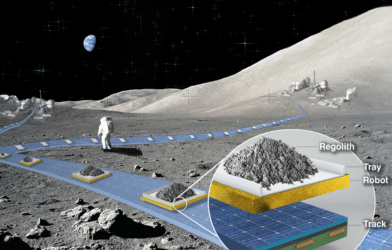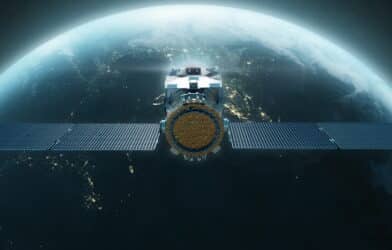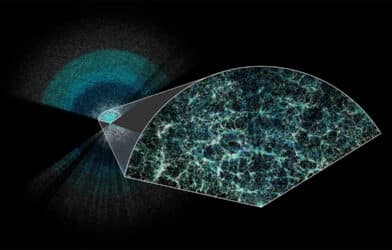Space debris remains a significant threat to missions. Highlighted in the nerve-wracking movie “Gravity,” starring Sandra Bullock and George Clooney, debris can can wreck shuttles and put astronauts’ lives at risk. With 130 million pieces of space debris larger than a millimeter currently orbiting Earth, the European Space Agency (ESA) is taking a bold step to address this issue by introducing its own ambitious standard, the “Zero Debris approach.” Its goal: substantially reducing the production of space debris by 2030.
In recent years, more satellites have been launched than in the entire six decades of space exploration, and space debris is becoming an increasingly serious problem.
“As space infrastructure has become the backbone of our modern society, the proliferation of space debris is threatening our way of life. Now is the time to act as a community to channel our collective efforts,” says ESA Director General Josef Aschbacher in a statement.
ESA’s Zero Debris approach will apply to all of the agency’s future missions, programs, and activities, aiming to mitigate the creation of space debris and address existing debris by 2030. This approach involves developing groundbreaking technologies for satellite end-of-life disposal, in-orbit servicing, and active debris removal, along with collaboration with regulatory institutions.
Recognizing that space exploration is a global endeavor, ESA is spearheading the Zero Debris Charter, a global initiative inviting all space entities to sign and commit to a shared goal of achieving a Zero Debris future. Over 40 organizations have actively participated in the development of the charter, which lays out ambitious and measurable targets for space debris mitigation and remediation by 2030.
“Based on a draft proposed by ESA, we have analyzed, debated and rewritten every single line of the charter through a fully open and collaborative process,” notes Quentin Verspieren, protect accelerator coordinator. “Beyond having converged on such an ambitious document in record time, our exchanges revealed a strong consensus in Europe and beyond on the need to go further than existing space safety and sustainability practices.”
The Zero Debris Charter is more than just a pledge; it represents a comprehensive, collective effort to tackle the space debris issue on a global scale. It aims to unite various space entities, including industrial players, government agencies, international organizations, universities, research centers, and nonprofit foundations, to define a common vision for space sustainability in 2030.
As ESA launches the registration period for entities to sign the Zero Debris Charter during the 2023 Space Summit in Seville, it marks a significant step toward achieving a future where space exploration can coexist with environmental responsibility. The charter lays the groundwork for ambitious initiatives, technologies, and policies required to make Zero Debris by 2030 a reality.
ESA encourages all space actors to join the Zero Debris community and contribute to securing the long-term sustainability of space activities.












